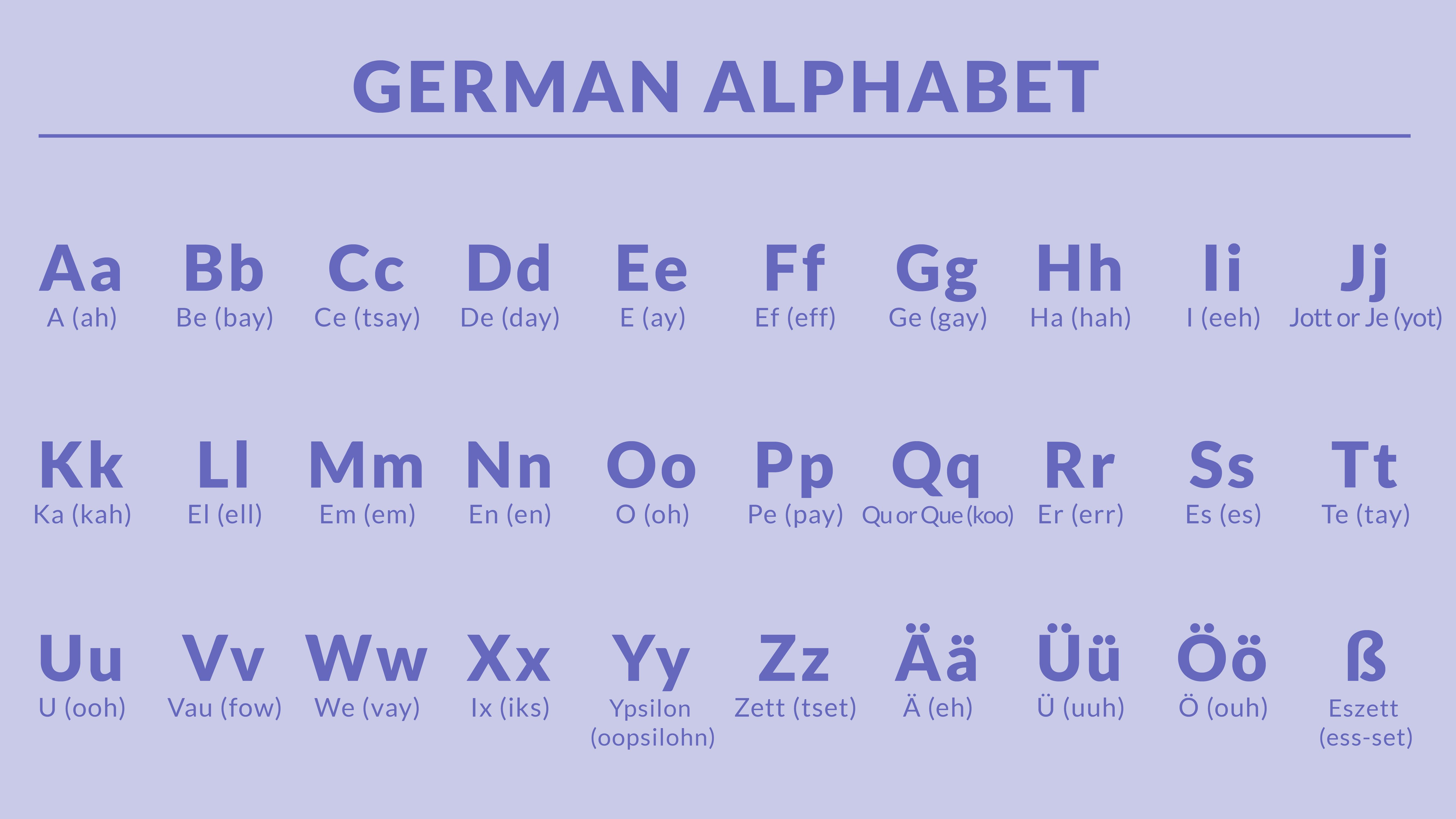German market holidays 2025: Navigating the Calendar for Business Success

Germany, as Europe’s largest economy and a global trade powerhouse, operates on a calendar punctuated by a series of public holidays. For businesses, investors, logistics companies, and anyone engaging with the German market, understanding the intricacies of these holidays in 2025 is not merely a matter of convenience but a critical component of strategic planning. These days off, while offering a welcome respite for the German populace, can significantly impact financial markets, banking operations, supply chains, and general business activities.
Unlike some other nations, Germany’s public holidays are a mix of federal and state-specific observances, creating a nuanced landscape that requires careful attention. While federal holidays uniformly close national financial institutions like the Deutsche Bundesbank and major exchanges such as the Frankfurt Stock Exchange (FSE) and Eurex, regional holidays can still affect local banking, logistics, and the availability of business services in specific states. This comprehensive guide will detail the German market holidays for 2025, their significance, and their potential implications for various sectors.
Understanding German Public Holidays: Federal vs. State
Before delving into the specific dates, it’s crucial to grasp the distinction between federal and state holidays in Germany.
- Federal Holidays (Bundeseinheitliche Feiertage): These are observed nationwide, meaning all banks, financial markets (Frankfurt Stock Exchange, Eurex), and most businesses will be closed. These are the primary concern for international market participants.
- State Holidays (Landesspezifische Feiertage): These holidays are observed only in specific German states (Bundesländer). While they might close local banks and businesses within those states, they generally do not affect the operations of the national stock exchanges or the Bundesbank, which follow the federal holiday schedule. However, they can still impact regional logistics, supply chains, and the availability of services.
For the purpose of market closures, the focus remains primarily on the federal holidays, as these dictate the trading schedule for Xetra, Eurex, and the overall German financial system.
Key Federal Market Holidays in 2025
The following are the federal public holidays in Germany for 2025, which will see the closure of the Frankfurt Stock Exchange, Eurex, and all major banks:
-
Wednesday, January 1st: New Year’s Day (Neujahr)
- Significance: The first day of the Gregorian calendar, celebrated worldwide.
- Market Impact: A universal market closure. Financial markets globally are typically closed. This sets the tone for the trading year, with businesses resuming operations on January 2nd. Planning for year-end closures and New Year’s transitions is essential for all financial transactions and logistics.
-
Friday, April 18th: Good Friday (Karfreitag)
- Significance: A Christian holiday commemorating the crucifixion of Jesus Christ. It’s a solemn day and part of the Easter Triduum.
- Market Impact: Good Friday is a federal holiday across Germany, leading to a complete shutdown of financial markets. This closure, combined with Easter Monday, creates a four-day long weekend for many, impacting payment settlements, trade execution, and logistical movements across Europe. Businesses need to factor in this extended break for their Q2 planning.
-
Monday, April 21st: Easter Monday (Ostermontag)
- Significance: The day after Easter Sunday, celebrating the resurrection of Jesus Christ.
- Market Impact: As a federal holiday, Easter Monday ensures that German financial markets remain closed, extending the break initiated by Good Friday. This long weekend can cause a backlog in transactions and data releases, requiring careful management of deadlines and liquidity.
-
Thursday, May 1st: Labour Day (Tag der Arbeit)
- Significance: An international holiday celebrating workers’ rights and commemorating historical labor movements.
- Market Impact: Labour Day is a federal holiday in Germany and many other European countries. This means a coordinated market closure, affecting cross-border transactions and potentially leading to a quiet trading day leading up to it. Businesses should anticipate reduced activity and plan accordingly for payments and deliveries around this date.
-
Thursday, May 29th: Ascension Day (Christi Himmelfahrt)
- Significance: A Christian holiday celebrating the ascension of Jesus into heaven, occurring 40 days after Easter Sunday. It always falls on a Thursday.
- Market Impact: Ascension Day is a federal holiday, leading to market closures. Since it’s a Thursday, many Germans take the Friday off (a "Brückentag" or "bridge day") to create another long weekend. This can further reduce business activity and market liquidity, impacting trade volumes and settlement cycles.
-
Monday, June 9th: Whit Monday (Pfingstmontag)
- Significance: Also known as Pentecost Monday, this Christian holiday occurs 50 days after Easter Sunday, commemorating the descent of the Holy Spirit upon the Apostles.
- Market Impact: Whit Monday is a federal holiday, resulting in closed markets. Similar to Easter, this extends the weekend, creating another period of reduced financial activity. Businesses should plan for potential delays in payments and a general slowdown in operations.
-
Friday, October 3rd: German Unity Day (Tag der Deutschen Einheit)
- Significance: Germany’s national holiday, commemorating the reunification of East and West Germany in 1990.
- Market Impact: As the most significant secular holiday, German Unity Day is observed nationwide, closing all financial markets and banks. Falling on a Friday in 2025, it creates a three-day weekend, which can affect end-of-week transactions and reporting.
-
Thursday, December 25th: Christmas Day (Erster Weihnachtsfeiertag)
- Significance: The primary day of Christmas celebrations, commemorating the birth of Jesus Christ.
- Market Impact: A universal market closure across Germany and many other parts of the world. Trading activity typically winds down in the days leading up to Christmas, and businesses should plan for minimal operations and extended closures around this period.
-
Friday, December 26th: Boxing Day (Zweiter Weihnachtsfeiertag)
- Significance: The second day of Christmas, also known as St. Stephen’s Day.
- Market Impact: Boxing Day is a federal holiday in Germany, extending the Christmas break for financial markets. This ensures a long weekend of market closures, with operations typically resuming only after the New Year. End-of-year financial planning, auditing, and logistics must account for these consecutive non-trading days.
State-Specific Holidays with Regional Implications in 2025
While these holidays do not typically close the major national financial markets, they can significantly impact regional banking, local businesses, logistics, and public services in the respective states.
-
Monday, January 6th: Epiphany (Heilige Drei Könige)
- States: Baden-Württemberg, Bavaria, Saxony-Anhalt.
- Impact: Local bank branches and businesses in these states will be closed.
-
Thursday, June 19th: Corpus Christi (Fronleichnam)
- States: Baden-Württemberg, Bavaria, Hesse, North Rhine-Westphalia, Rhineland-Palatinate, Saarland, and parts of Saxony and Thuringia.
- Impact: This is a significant regional holiday, especially in southern Germany. While the FSE and Eurex remain open, regional banks and businesses in these economically powerful states will be closed, potentially affecting local supply chains and payment processing.
-
Friday, August 15th: Assumption Day (Mariä Himmelfahrt)
- States: Saarland and parts of Bavaria.
- Impact: Local closures in these regions.
-
Friday, October 31st: Reformation Day (Reformationstag)
- States: Brandenburg, Bremen, Hamburg, Mecklenburg-Vorpommern, Lower Saxony, Saxony, Saxony-Anhalt, Schleswig-Holstein, Thuringia, and since 2018, also Baden-Württemberg, Hesse, North Rhine-Westphalia, Rhineland-Palatinate, and Saarland.
- Impact: This holiday has gained widespread observance. While not federal, its presence in a majority of German states means a significant portion of regional businesses and local banks will be closed, impacting internal German logistics and business operations.
-
Saturday, November 1st: All Saints’ Day (Allerheiligen)
- States: Baden-Württemberg, Bavaria, North Rhine-Westphalia, Rhineland-Palatinate, Saarland.
- Impact: As it falls on a Saturday in 2025, its direct impact on market operations is minimal, but it still means regional closures for businesses that would typically operate on a Saturday.
Broader Economic and Business Implications
Beyond the direct closure of financial markets, German public holidays in 2025 have ripple effects across various sectors:
- Logistics and Supply Chains: Reduced working days mean fewer opportunities for goods to be transported, cleared, and delivered. Companies relying on just-in-time inventory or cross-border shipping must factor in these non-working days to avoid bottlenecks and delays. This is especially true for holidays that create long weekends (e.g., Easter, Ascension Day, German Unity Day).
- Banking and Payment Processing: While major financial markets are closed, so are the clearing and settlement systems. This means payments initiated just before a holiday might not be processed until the next working day, affecting cash flow and liquidity management.
- Retail and Tourism: Holidays often translate into increased consumer spending, particularly around Easter and Christmas. However, retail opening hours might be restricted on the holiday itself. Tourism also sees a boost, with more Germans traveling domestically or internationally, impacting hospitality and transport sectors.
- Economic Data Releases: Official statistics and economic indicators from institutions like the Federal Statistical Office (Destatis) or the Bundesbank might be delayed or rescheduled around public holidays. Analysts and investors need to monitor release calendars closely.
- Workforce Management: Businesses need to plan for staffing levels, especially for essential services, and manage holiday pay or compensatory time off.
Strategic Planning for Businesses and Investors
To mitigate the potential disruptions and leverage opportunities presented by German market holidays in 2025, proactive planning is essential:
- Calendar Integration: Ensure all relevant teams (finance, operations, sales, logistics) have the complete 2025 holiday calendar, distinguishing between federal and state observances.
- Payment and Settlement Deadlines: Adjust payment schedules and transaction deadlines to account for market closures. Communicate these changes clearly with partners and clients.
- Inventory and Logistics Management: For businesses dealing with physical goods, pre-emptively adjust inventory levels and shipping schedules to avoid stockouts or delays during holiday periods. Consider alternative routes or carriers if certain regions are affected by state holidays.
- Communication Strategy: Inform clients, suppliers, and stakeholders about planned closures or reduced service levels well in advance. Set up out-of-office replies and emergency contact protocols.
- Market Monitoring: For investors and traders, be aware of reduced liquidity and potential volatility around holiday periods. Economic data releases might also influence market sentiment upon reopening.
- Contingency Planning: Develop contingency plans for unexpected issues that might arise during holiday periods when key personnel or services are unavailable.
- Leverage Opportunities: For retail and tourism sectors, holidays present opportunities for increased sales and customer engagement. Plan marketing campaigns and special offers accordingly.
Conclusion
The German market holidays in 2025 are more than just days off; they are integral components of the economic calendar that demand careful consideration. From the universal closures of New Year’s Day and the Christmas period to the nuanced regional impacts of Corpus Christi or Reformation Day, each holiday presents a unique set of challenges and opportunities. By understanding the federal versus state distinctions and meticulously integrating these dates into their operational and financial planning, businesses and investors can ensure seamless engagement with Europe’s economic engine, minimize disruptions, and maintain a competitive edge throughout the year. Proactive planning is the cornerstone of success in navigating the rhythm of the German market.






